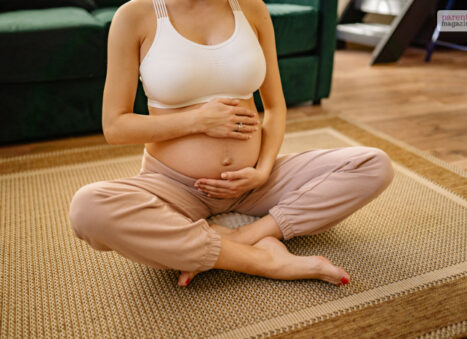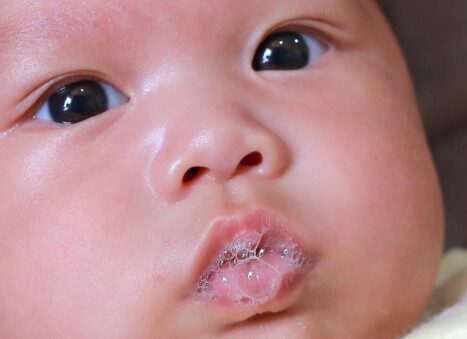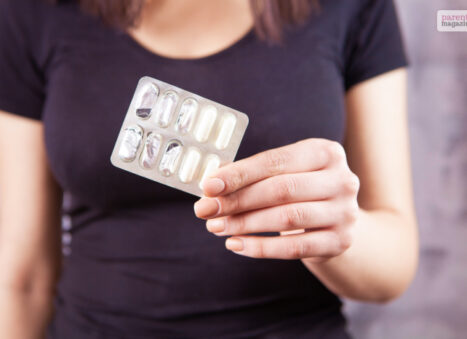
The Benefits Of Pedialyte For Babies: Keeping Your Little One Hydrated
Raising a little human is never easy, especially if you are a first-time parent. It is a hectic job, from getting accustomed to their sleeping routine to caring for them when they get sick. Anything related to a baby can be confusing and alarming as they cannot speak their mind and express their pain and problems verbally. One such big issue is dehydration.
A minor cold or cough may not be something serious, but something like vomiting, high fever, or diarrhea can get pretty serious and can cause dehydration. It is absolutely important to keep your little one hydrated in times of sickness.
Babies who get dehydrated or to prevent dehydration, babies who are at least a year old can be given Pedialyte in small sips every fifteen minutes to prevent dehydration. Can you give Pedialyte to infants? Yes, babies who are under the age of one year can also be given Pedialyte, but the protocols are different.
First, let’s discuss what Pedialyte is.
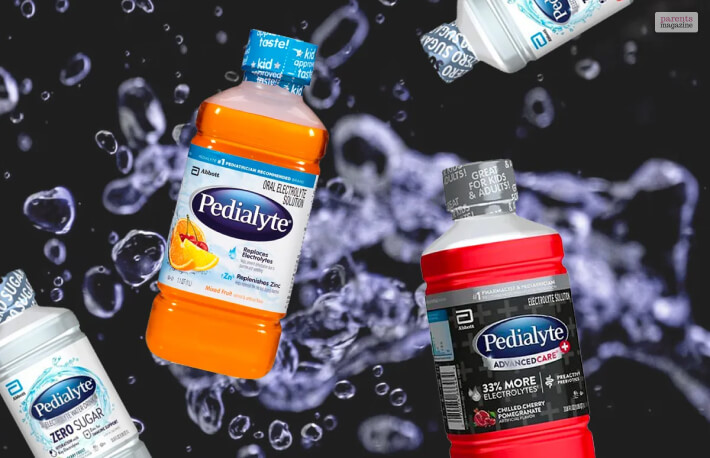
Prdialyte is an ORD or oral rehydration solution, which is a combination of sugar, electrolytes, and water that treats and prevents dehydration. It is needless to say, it is more effective than water as it helps in replacing lost fluids due to excessive sweating or illness.
It boasts potassium, chloride, and sodium and is combined with a concentration of sugars, which gets easily absorbed into a baby’s body. Also, it contains electrolytes like chloride, calcium, bicarbonate, sodium, magnesium, potassium, etc.
Signs of dehydration in a baby

When a child is suffering from fever, diarrhea, or vomiting, everything they are eating, and if the little angel is refusing to eat, then they might experience mild to severe dehydration. It is difficult to figure out if they have mild dehydration, but in case of moderate to severe dehydration, the following symptoms can be seen.
- Rapid breathing
- Increase in heart rate
- Dryness in tongue and mouth
- Dark and strong-smelling urine
- Decrease in urine output
- Excessive fussiness
In babies, the severity of dehydration increases rapidly. So it is important to keep an eye on them when they are seeking, or it can take dangerous turns.
| Symptoms | Mild dehydration | Moderate dehydration | Severe dehydration |
| Breathing | Normal | Rapid | Rapid |
| Body weight loss | 3-5% | 6-10% | More than 10% |
| Eyes | Normal | Fewer tears when crying | No tears while crying |
| Heart rate | Normal | Increased | Increased |
| Urine output | Normal | Less than 4 diapers in a day | 1-2 diapers or less in 24hrs |
| Fontanelle | Normal | Sunken | Sunken |
When can a baby be given Pedialyte?
Hydration is very important for all humans, especially for babies. Water helps in lubricating joints, promotes digestion, and helps in blood circulation throughout the body. They get water from the breastmilk and the formula they intake. There is 80% water in breast milk and 85% in regular formula.
Pedialyte for babies can rehydrate them in situations where they are facing the following issues:
Fever
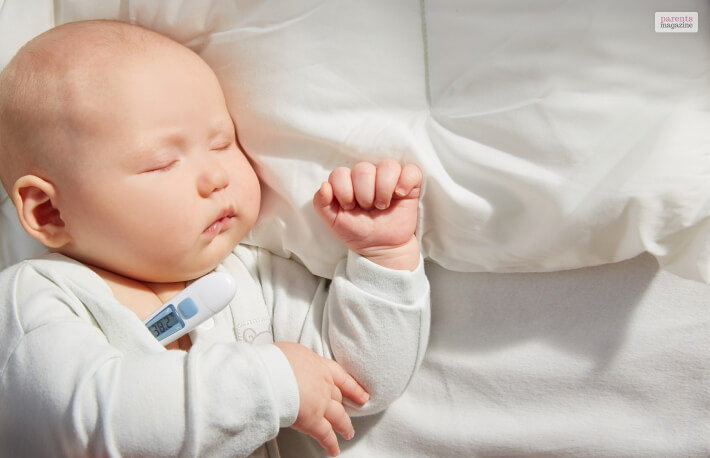
Fever in babies can be dangerous. The rapid increase in body temperature can cause loss of fluid through sweating and can cause dehydration. And not just fluids; they lose a lot of minerals that help in the proper functioning of the body, like muscle functioning and proper functioning of the nervous system.
Illness

When we are sick, eating and drinking can feel like a tedious task; the same goes for your munchkin. They also refuse to drink and eat when they are not well. Even a minor cold or blocked nose can make them feel irritated and cause difficulty in swallowing or something else, which can make them refuse to eat, which causes dehydration.
Diarrhea or vomiting
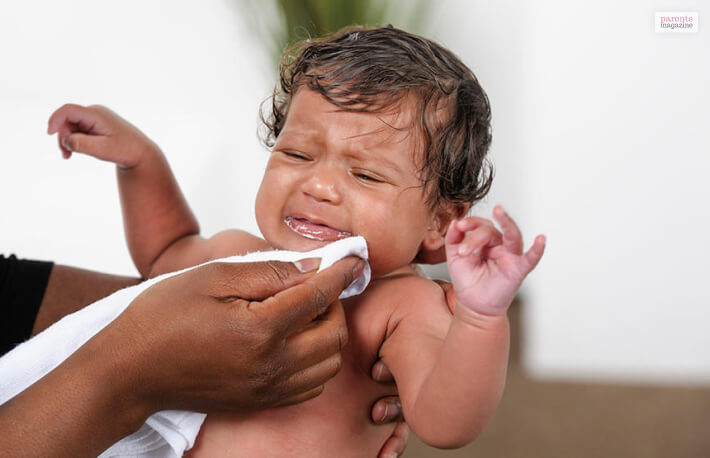
It is dangerous when your child is vomiting as well as having diarrhea at the same time. It can be serious if not taken care of at the right time. You should start taking care whenever they vomit or poop frequently.
Benefits of Pedialyte for babies
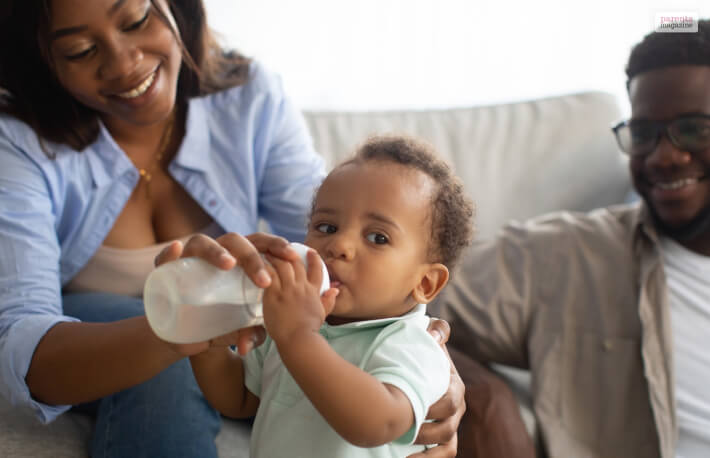
It is not actually difficult to keep a baby hydrated. They get water through the formula they drink or the breast milk they drink. Toddlers get their fluid from the various kinds of drinks they consume, like smoothies, milk, and juices.
But when they are ill, they refuse to drink and eat. This is when they get dehydrated. However, if your baby’s vomits and gets diarrhea, give them extra care. This is when a baby loses fluid. They lose water and minerals like potassium, chloride, and sodium, as well
and that is when Pedialyte for babies comes in.
This helps in regaining the lost fluid and maintaining the fluid balance. It is important to regain both. Plain water does not contain enough electrolytes, and thus, it is not effective in treating dehydration. That is why Pedialyte is effective in treating dehydration.
And not just mild dehydration; it is effective in treating moderate to severe dehydration. It also contains a high concentration of sugar, which helps in the quick absorption of electrolytes and fluid in the body.
Pedialyte Dosage Chart
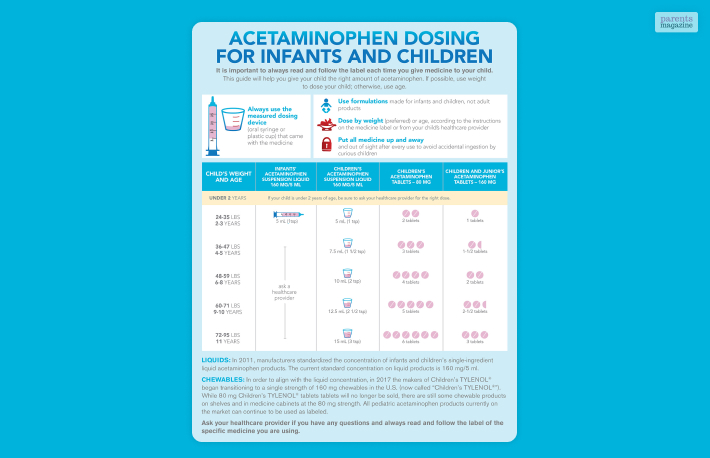
Well, there is no actual chart to determine the doses. But you can find Pedialyte for infants in various forms like powdered packages, popsicles, and ready-to-drink solutions as well. It is best if you give your child small doses every 15 minutes and increase the doses if needed.
However, it is better to consult a doctor for the exact doses or check the package for the exact amount based on the weight, age, and level of dehydration. You should always consult a pediatrician before deciding on infant Pedialyte doses.
Keep in mind that dehydration can increase rapidly through a very short span of time, and thus, it is important to keep in check and decade the actual dose of Pedialyte needed to give your child.
How To Give Pedialyte To Your Child
There have been researches that show that babies with mild to moderate dehydration can be given Pedialyte once they reach one year of age. You can give it to them when they start vomiting or have diarrhea or when they show any symptoms of dehydration. However, it is best to contact the doctor to know the proper dosage of Pedialyte or if they need medical attention.
For Babies Less Than 1 Year Of Age
If your baby has not yet reached the age of 1, then contact your pediatrician before you give them Pedialyte. It is best to contact a doctor as dehydration can turn into something serious very quickly. Infants and babies might need immediate medical attention.
Along with dehydration, babies who are not six months old may also face other complications like electrolyte imbalance or water intoxication after consuming liquids other than formula or breast milk.
For Babies Who Are Breastfeeding
If your child is breastfed, then give Pedialyte along with it and not just replace breast milk. Antibodies that your breast milk has given the baby strength to fight against any illness that they might be suffering from. And nursing them during their illness can provide them with the comfort they need.
To avoid overfeeding them, nurse your baby in short intervals, and with the help of a syringe or teaspoon, give them 0.15 to 0.3 ounces of Pedialyte every fifteen minutes. Here’s an overview of how much Pedialyte you should give your baby in twenty-four hours.
- For a 7-pound baby – 16 fl oz.
- For an 11-pound baby – 23 fl oz.
- For a 22-pound baby – 40 fl oz.
- For a 26-pound baby – 44 fl oz.
- For a 33-pound baby – 51 fl oz.
- For a 40-pound baby – 61 fl oz.
For Formula-fed Babies
If you feed your baby formula-fed, and they are vomiting a lot, it can lead to dehydration. In that case, it is best that you stop feeding them formula. Instead, give them Pedialyte between 0.15 fl oz. and 0.3 fl oz. Every fifteen minutes.
Do not mix Pedialyte with their formula. That might change the nutritional value along with the mineral content of the formula. And it will also reduce the effectiveness of the Pedialyte as well. It might form a clumpy and thick mixture, which could be difficult for the baby to swallow.
Bottom Line
Pedialytes for babies of 6 months and 7 months can be given in small doses in specific intervals, but for babies, it is highly recommended that you consult a pediatrician and give them accordingly. If you are preparing the drink, then refrigerate and consume it within 48 hours. Otherwise, harmful bacteria can contaminate it.
Have A Look:
Already have an account?
Sign In
Create your account
User added successfully. Log in






